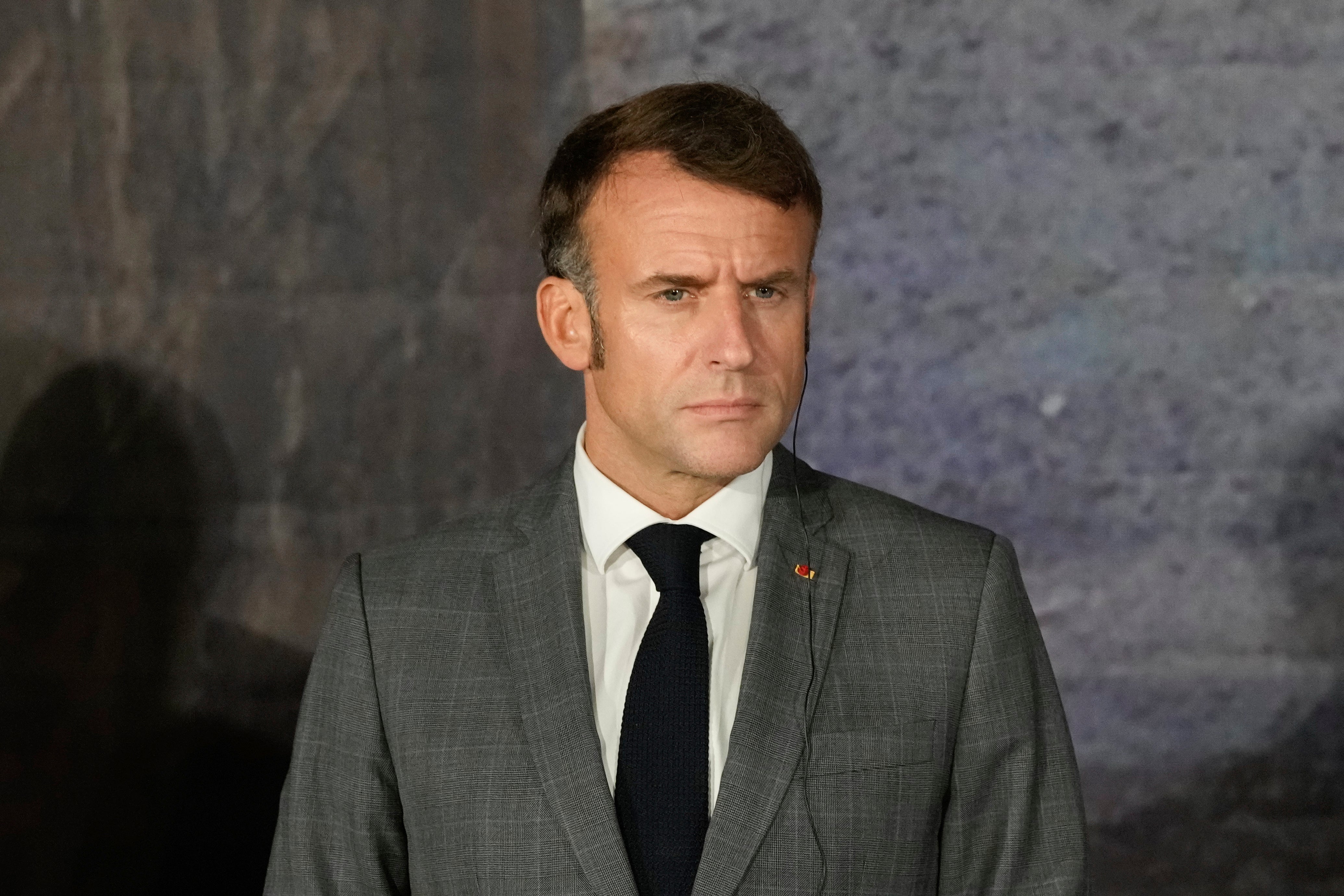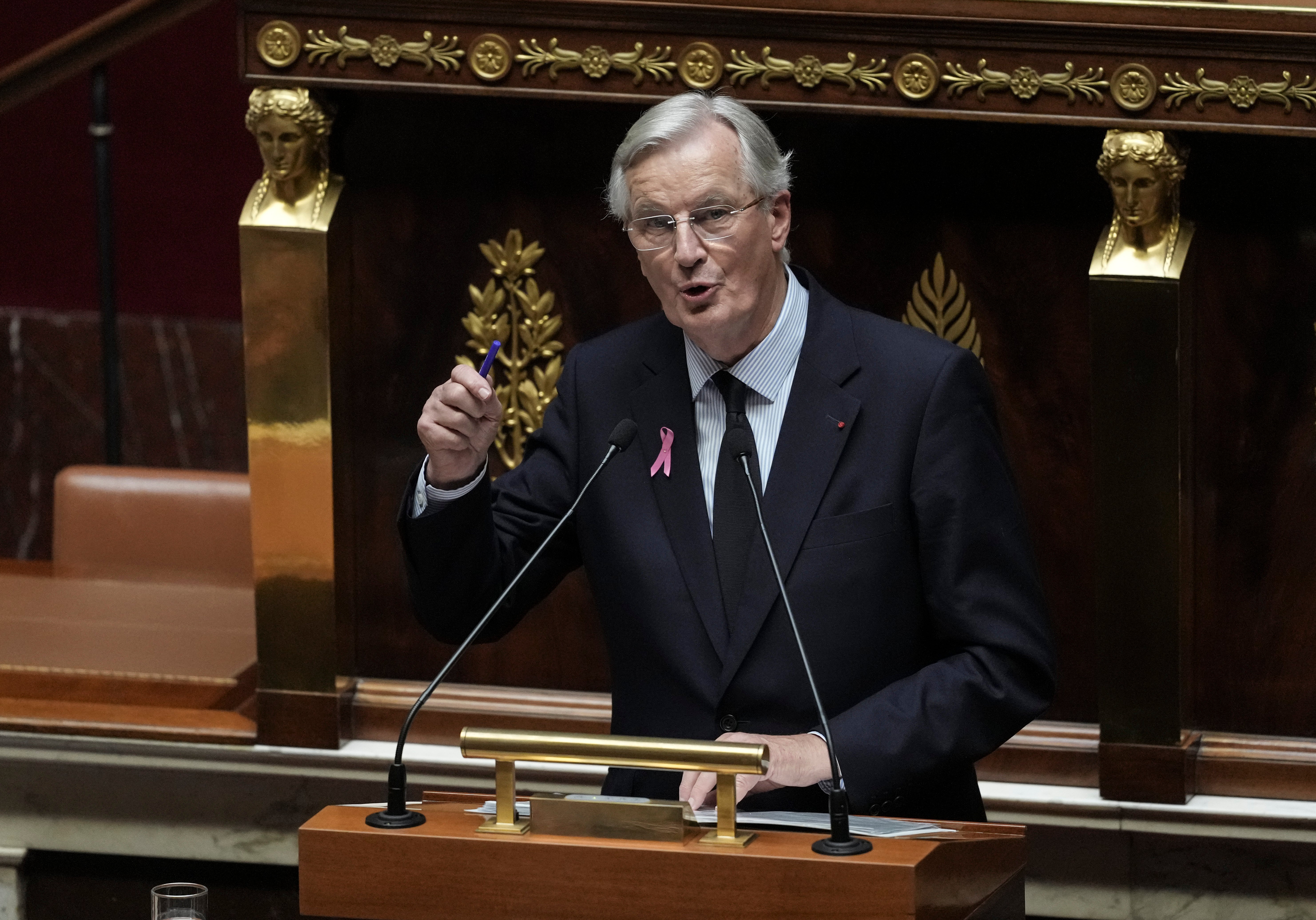Majority of French think current election system does not work, poll says
Support for a democratic system falls as the new French government faces crucial test in hostile parliament

More than half of French people believe the current democratic people doesn’t work, a new poll suggests.
The poll, conducted by Ipsos for the Economic, Social and Environmental Council (CESE), found that a striking 51 per cent of respondents believe that “only a strong power” can guarantee order and security.
Nearly one in four (23 per cent) of those surveyed feel that democracy is not the best political system available. And the skepticism deepens among younger people, with 31 per cent of those aged under 35 no longer supporting the democratic system.
Blaming the new political landscape – following a general election this summer that produced no clear winner – a staggering 76 per cent criticised politicians as being “disconnected from the realities of citizens”.
That snap election was prompted by President Emmanuel Macron’s controversial decision to dissolve parliament.

During the first round of voting, the far-right National Rally (RN) led by Marine Le Pen and her 28-year-old protégé Jordan Bardella, garnered the most votes, but a left-wing alliance, the New Popular Front, won the most seats in the second round.
All of the far-right, hard-left-right and Mr Macron’s centrists fell short of a majority, leaving a fragmented legislature for the next five years.
In September, Mr Macron appointed Michel Barnier from the conservative Republicans as prime minister.
The new government is now confronting its first challenge in a hostile parliament, as it seeks to implement a Budget filled with spending cuts and tax increases. The tax raid aims to save €60billion (£50billion) and tackle France’s growing fiscal deficit.
Finance minister Antoine Armand said the move would “reduce our deficit and contain our debt” which is needed “to protect financial credibility and more broadly ensure our economic stability”.
Pressure is mounting from financial markets and European Union partners after tax revenues fell significantly short of expectations this year, while spending outstripped forecasts.
The proposed budget, crafted quickly, risks being vetoed in parliament, with opposition parties using the opportunity to trigger a no-confidence vote against the government.
Mr Barnier has already faced criticism from Le Pen’s RN, whose tacit support is key for the government to dodge a potential no-confidence motion. The right-wing party has slammed a proposal to delay a pension increase by six months to save €4billion and branded the draft Budget as a “house of horrors”.
The left-wing alliance, which received the highest vote share in July, has also voiced strong objections – describing the budget as “the most violent austerity plan that this country has ever seen”.
Join our commenting forum
Join thought-provoking conversations, follow other Independent readers and see their replies
Comments
Bookmark popover
Removed from bookmarks